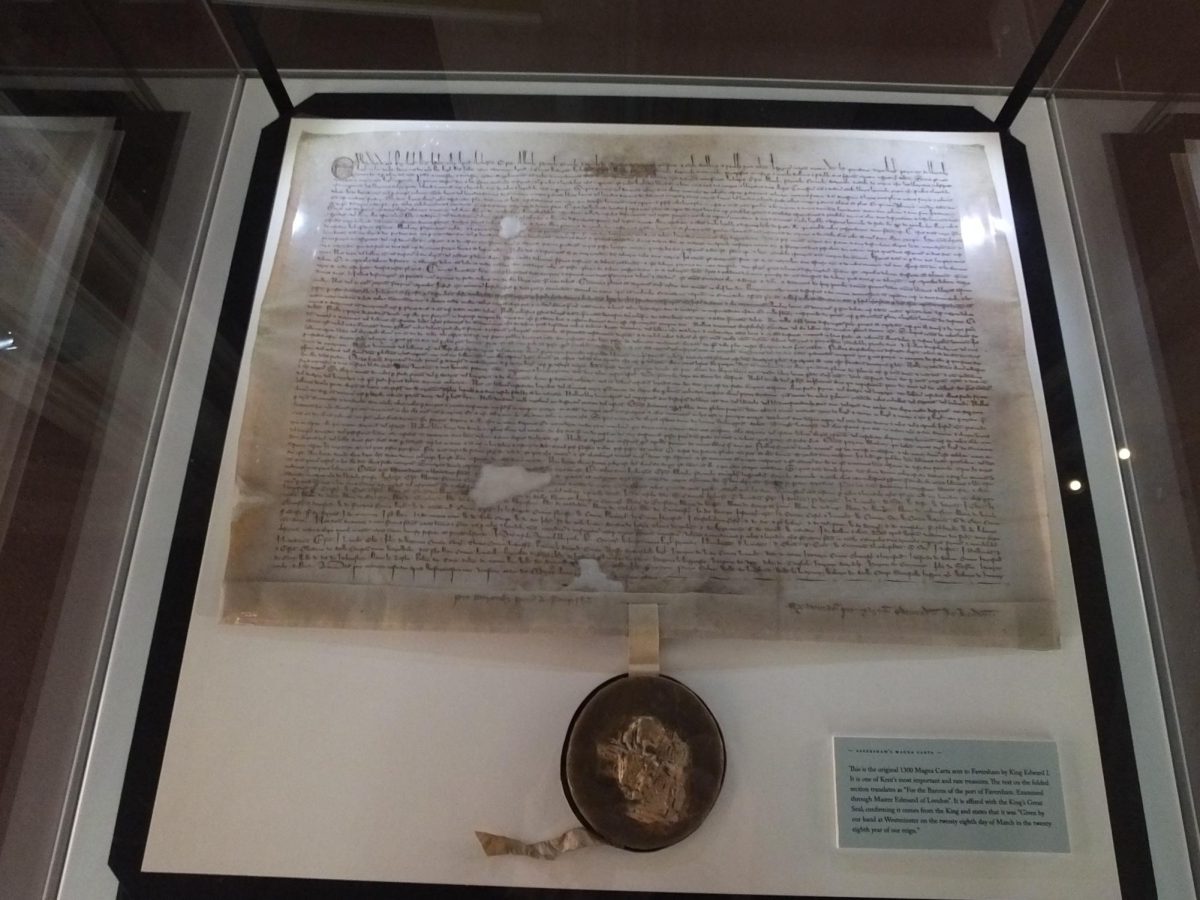
Have you checked the calendar for the first day of this month? If you haven’t already, allow me to share the delightful joy of celebrating Black History Month!
Black History Month, also known as Black American History Month, is a widely celebrated commemoration in various countries, including Canada, the United Kingdom, and the United States. Even though it has been celebrated since 1976, the historical origins of Black History Month may be unfamiliar to some.

To delve into the start of Black History Month, we must revisit the year 1915, half a century after the 13th Amendment abolished slavery. Based on HistoryChannel, Carter G. Woodson, a Black author and Harvard graduate historian, played a pivotal role in its establishment, with the influential minister Jesse E. Moorland. Woodson, devoted to the education of Black people, shared his knowledge at institutions such as Howard University and West Virginia State University. Similarly, Moorland dedicated his life to Black organizations, including the National Afro-American League and the National Health Circle for Colored People.
In 1915, while participating in the Lincoln Jubilee commemorating the 50th anniversary of liberation from slavery, Woodson was moved by the overwhelming number of active participants celebrating the recent accomplishments of Black Americans. Inspired to support Black Americans, he founded the Association for the Study of Black Life and History (ASNLH) with Mooreland.
After 11 years of ASNLH’s establishment, Woodson and Black Americans officially appointed the second week of February as “Black History Week.” This week held special significance due to the birthdays of two great figures, Abraham Lincoln on February 12 and Frederick Douglass on February 14.
While the purpose of the event was not specifically documented, it is believed to have originated from the need for recognition. Black American newspapers played a pivotal role in the early steps of Black History Week, offering crucial support and raising awareness. According to Fullerton,“the primary focus was on promoting the coordinated teaching of Black American history in the nation’s public schools.” Despite initial limitations, Woodson considered the event “one of the most fortunate steps ever taken by the Association,” and plans for an annual recurrence of the event persisted.
Following ASALH, the 1930s posed challenges to the journey, with not everyone embracing Black History Week. The week confronted the emerging myth of the South’s “lost cause,” which falsely portrayed enslaved individuals to be living in favorable conditions and framed the Civil War as a “Northern Aggression.”
Facing this challenge, civic leaders and activists played a crucial role in affirming the importance and recognition of Black History Week. They worked diligently to counter the myth and misinformation, aiming to promote a more accurate understanding of the nation’s history.
The transition from Black History Week to Black History Month occurred in February 1970 when Black educators and students at Kent State University persistently proposed and advocated for the extension. Therefore, Black History Month was initially celebrated at Kent State from January 2 to February 28, 1970. Six years later, in 1976, President Gerald Ford officially recognized the month during the United States Bicentennial celebration that marked the 200th anniversary of the Declaration of Independence. According to National Geographic, Ford emphasized the opportunity to “honor the often overlooked accomplishments of Black Americans across all areas of endeavor throughout our history.” Consequently, Black History Month’s popularity and acknowledgment continued to grow over decades, receiving endorsements as an international holiday.
The journey to racial equality and the establishment of Black History Month has never been easy. It has been accomplished by the devotion and efforts of Woodson and countless other activists committed to fostering an accurate understanding of black history.. Let’s take this opportunity for this month to celebrate Black History Month, honoring their efforts with admiration and respect.












































































































































